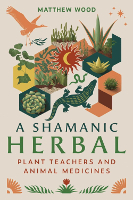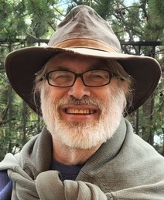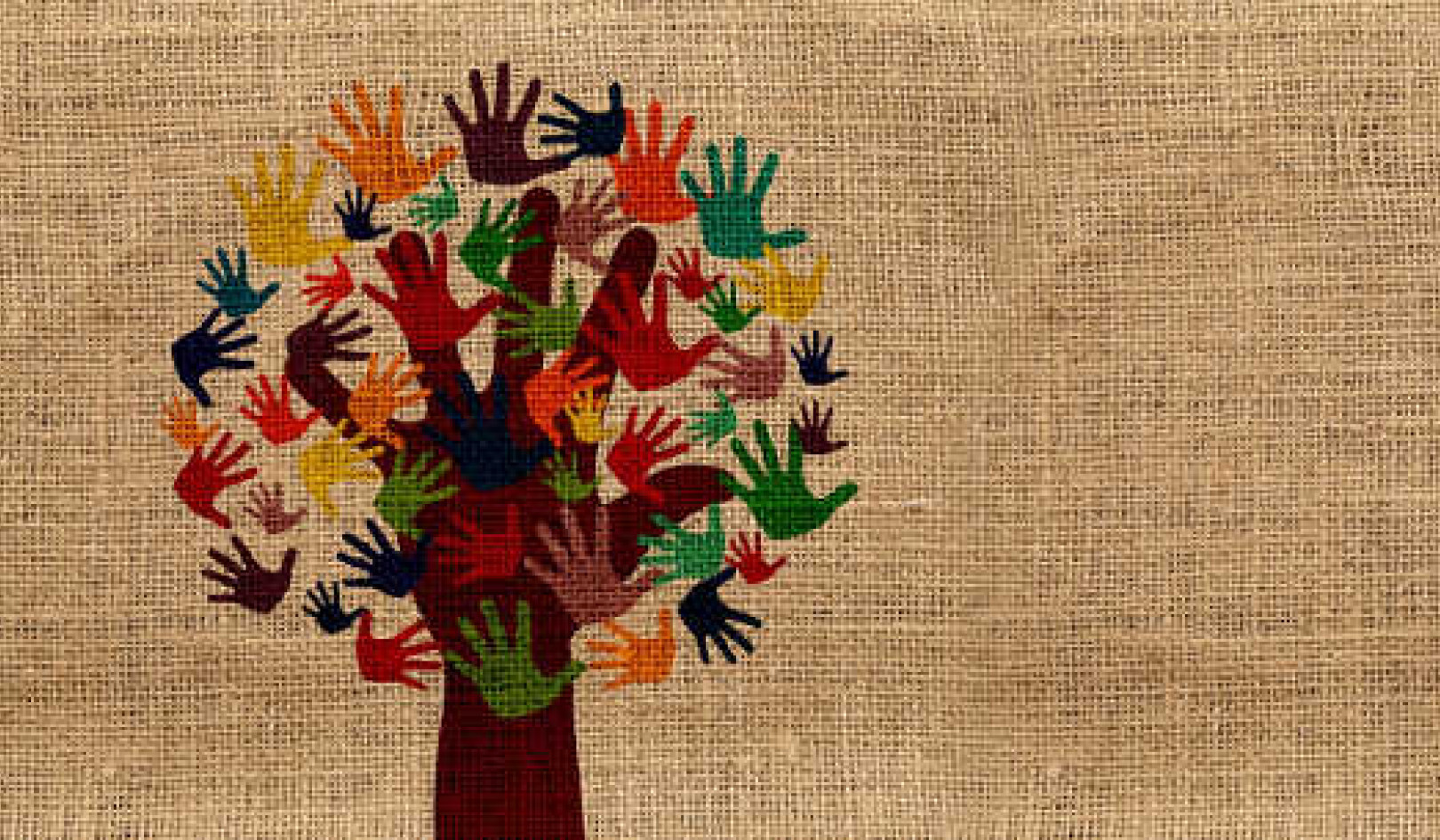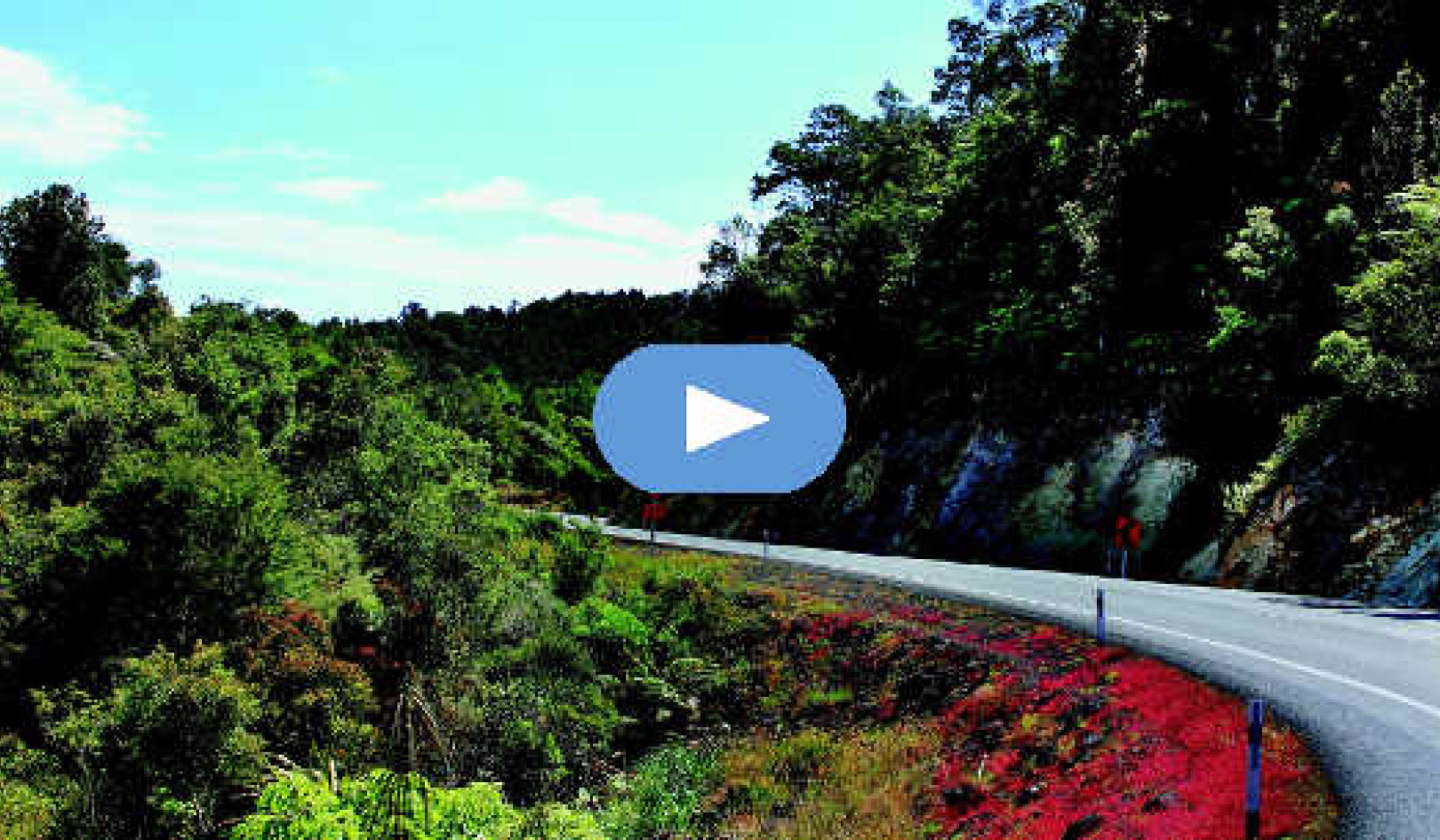
Image by Stefan Keller
Not all those who wander are lost.
~ J. R. R. Tolkien, The Fellowship of the Ring
The shaman’s journey is a long and winding road. We imagine a goal but when we get there, we find something else. One thing we find is another goal.
The path demands flexibility, yet good, old-time discipline. It stretches the boundaries of the assets we bring into the world. It subjects these to mysterious tests and heartbreaking losses. Then, as if this were not enough, it hurls us into unknown dimensions, the hardwiring for which is missing in the human race. And if there is a particle of egotism, indulgence, or greed in us, which we cannot let go, our soul will be thwarted and diminished. So, a great deal of preparation is necessary on the path: it’s like packing for a mountain-climbing trip.
The mountaintop is where the Fool is standing in the first card of the tarot. It pictures a daydreaming youth holding a fancy traveling bag on a stick on his shoulder. He is prepared to climb a mountain—but he is about to walk off a cliff. Fortunately for him, his little dog is biting him on the leg to stop him.
Right from the start, the animal self is trying to communicate with us even when we are caught up in a fantasy world. Right from the start, the masters of the Italian occult Renaissance who painted the first tarot card show their understanding of the importance of the animal self.
Like the Fool, we do not actually know what to even look for when we begin our journey. We don’t know that the animal self exists, that it is important, or that it is biting our leg. We don’t know that imagination or dream count for anything. We don’t realize that our intellectual environment is conditioned by ideas that are contrary to spiritual freedom.
The Way of the Spiritual Warrior
When we start at such a disadvantage, there is at least one thing that we can do to help ourselves: that is the cultivation of carefulness and strategy, in our dealings with ourselves and others. That’s what is called “spiritual warriorship.”
As spiritual warriors, we learn to save up our energy—emotional, vital, sexual—to express it appropriately and deliberately. Does this mean that every action is strategic, calculated, and insincere? Not quite. There is room at least for sincerity. This doesn’t sound good, but most people are already calculating and insincere–those that are not simply out of control.
The spiritual warrior lives a calculated life with regard to other people: first, so that one will not waste one’s own energy; second, so that others won’t waste it either; and third, so we don’t waste other people’s energy. That does not mean we have to be insincere to enjoy life; rather, like any busy person, we need to budget our time and energy. We have to live strategically because our starting position is one of great weakness. We are far, far from the spirit.
One of the great writers on war, Carl von Clausewitz, understood the principle of warriorship implicitly (1989, 108):
Strength of character does not consist solely in having powerful feelings, but in maintaining one’s balance in spite of them. Even with the violence of emotion, judgment and principle must still function like a ship’s compass, which records the slightest variations however rough the sea.
Reaching Spiritual Wisdom
Wspiritual wisdomarriorship is necessary in war, and spiritual warriorship is necessary in spiritual war—and we are at spiritual war all the time. The chief goal here is not to win the war but to “save energy." Only in this manner will we reach the far-distant shores of anticipated and unanticipated spiritual wisdom. “When you take that road this Good will meet you everywhere,” says Hermes (Salaman et al. 2000, 58).
Terence McKenna notes that even Nature herself loves the warrior:
Nature loves courage. You make the commitment and nature will respond to that commitment by removing impossible obstacles. Dream the impossible dream and the world will not grind you under, it will lift you up. This is the trick. This is what all these teachers and philosophers who really counted, who really touched the alchemical gold, this is what they understood. This is the shamanic dance in the waterfall. This is how magic is done. By hurling yourself into the abyss and discovering it’s a feather bed. (McKenna 2010b)
On the path of the warrior, we have to be patient and accept some indulgences for the time being. Here is a “warrior story” I heard growing up in Quaker Meeting:
William Penn was born a noble, and his social group was expected to wear a sword as a sign of their superiority over the common people, who served them in peace and war. When Penn became a Quaker, he asked George Fox, a simple shepherd from Drayton-in-the-Clay, whether he should continue to wear his sword. Fox said: “Wear it as long as thou canst.”
The bully-clown-dictator-evil-genius ego within us cannot be defeated overnight or out of season. The warrior does not force change on him-or herself or others. The result will be a waste of energy, and on the spiritual path both illusion and energy-wasting are damaging.
Getting in Touch with the Animal Self
The way of the warrior depends upon training and receiving knowledge from the reptilian self because war is threatening. Originally, I did not know of any method for teaching people about their animal self or reptilian self except through descriptions and stories. That was before I teamed up with Vanessa Chakour, a retired female fighter and boxing coach in New York City.
Vanessa used boxing exercises to get students in touch with their animal self. She had a method; I had the knowledge of the animal self to help students recognize what they were feeling. Teaching together, we were able to help people make that shamanic leap into the animal self.
It is our duty to respect our fellow humanity, but not to give our own energy away, so we operate from within that paradigm and try to make our reactions appropriate, magnanimous, and generous, without giving away parts of ourselves. A fight with another person, though unavoidable in the great theater of life, is always a waste of time for both parties unless we take it as a challenge to learn and grow. Then at least one person benefits.
The two major skills don Juan emphasized for his students were “stalking” and “dreaming.” He didn’t mean stalking others, but stalking oneself, one’s weaknesses and time-wasting occupations. Stalking is a hunter’s way of looking at things and therefore more often practiced by the male students on the path. The art of dreaming is another track for getting around the ego and women tend to be better dreamers.
In the end, however, all of us need to cultivate both skills, though one may be more important to us than another. In the Genesis shaman stories, the roles are reversed: Joseph is the dreamer while Tamar is the warrior.
At first, warriorship is work. Then it is a habit. Then you stop thinking about it. After a while, the responses of the warrior comes automatically and there is no instant of calculation: we respond directly and completely according to the laws of spiritual war, that is to say, life.
Discipline of the Mind, Heart, and Body
Discipline of the mind, as well as heart and body, is also important. This usually involves meditative techniques. These are always a valuable asset, whether one is on the shamanic path or another. The ability to focus the mind, be aware of a change of focus, and be in control of the focus are all skills of value. There are, however, problems with this as well: like warriorship, we need to practice it, make it habitual, and then stop thinking about it.
The trained mind is still only the mind. Dark magicians train the mind as much as sincere aspirants on the path; perhaps more so. When it comes to disciplining the mind, I’m a lazy bum. I can’t stop my thoughts, but I still try to watch them. We do what we can.
A form of meditation that is quite valuable on the shamanic path is one in which a person learns to catch hold of the images; especially those that are spontaneous. The most valuable is the discipline of the mind to awake in dreamtime. Subduing subjective faculties (imagination, intuition, instinct) to the mind can be counter-productive because these are the more important faculties on the Old, Old Path. Education of the conscious self to be alert, the ego to manage time and energy, and the mind to think clearly but not dogmatically are the platform for a sensible life, much less a spiritual life.
Educating the Soul
In addition, we must educate the soul. We need to be able to recognize and value the things the soul really cares for. We need to develop soul awareness and soul wisdom. We need to learn and value what is in the heart: love, desire, values, direction.
Without love, our life will have no personal meaning or fulfillment. If we dedicate ourselves to the spirit without at the same time asking that our legitimate needs be taken care of, the spirit will rub us down to the bone, taking from us everything we have, until we learn to stand up for ourselves.
Copyright 2024. All Rights Reserved.
Adapted with permission.
Article Source:
BOOK: A Shamanic Herbal
A Shamanic Herbal: Plant Teachers and Animal Medicines
by Matthew Wood.
 Sharing profound experiences from his long career as well as his first years growing up on a remote Seminole reservation in the Everglades, renowned herbalist Matthew Wood interweaves practical herbalism and the spiritual potency of Nature to deeply explore the plant teachers, animal medicines, and foundational principles of shamanism as a spiritual path.
Sharing profound experiences from his long career as well as his first years growing up on a remote Seminole reservation in the Everglades, renowned herbalist Matthew Wood interweaves practical herbalism and the spiritual potency of Nature to deeply explore the plant teachers, animal medicines, and foundational principles of shamanism as a spiritual path.
For more info and/or to order this book, click here. Also available as a Kindle edition.



 Matthew Wood has been a practicing herbalist for more than forty years. He is an internationally known teacher and author with more than ten books to his credit, including The Book of Herbal Medicine, The Earthwise Herbal, Holistic Medicine and the Extracellular Matrix, and A Shamanic Herbal. Matthew has an MSc in herbal medicine from the Scottish School of Herbal Medicine (accredited, U. of Wales).
Matthew Wood has been a practicing herbalist for more than forty years. He is an internationally known teacher and author with more than ten books to his credit, including The Book of Herbal Medicine, The Earthwise Herbal, Holistic Medicine and the Extracellular Matrix, and A Shamanic Herbal. Matthew has an MSc in herbal medicine from the Scottish School of Herbal Medicine (accredited, U. of Wales). 




















